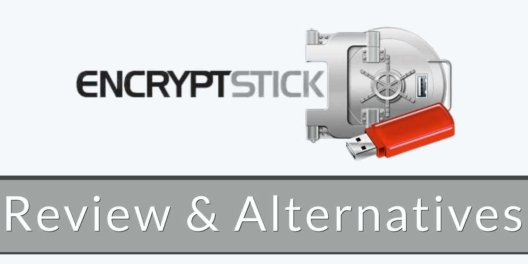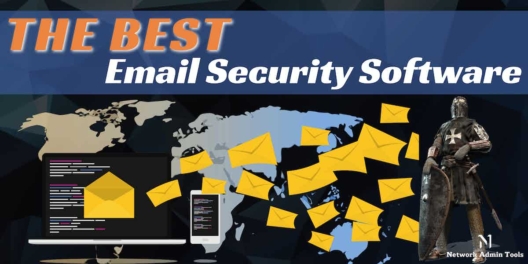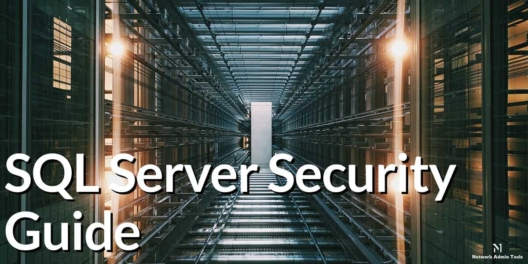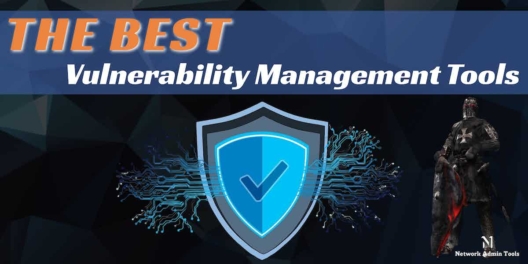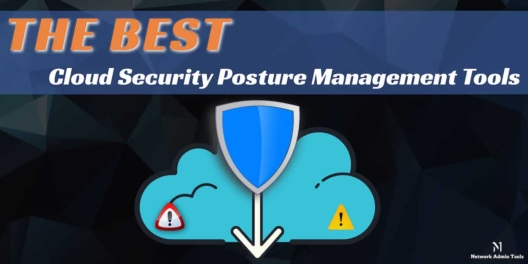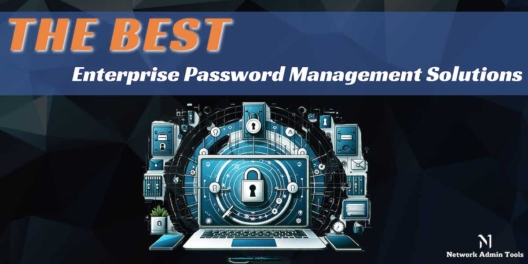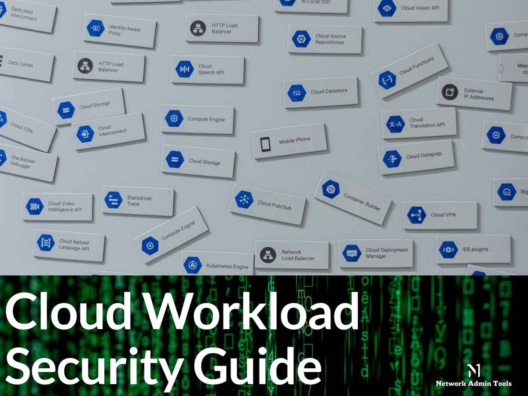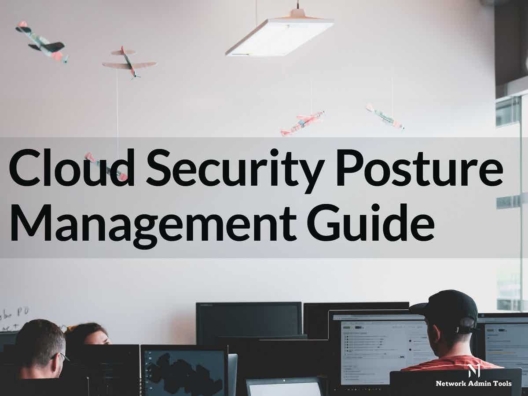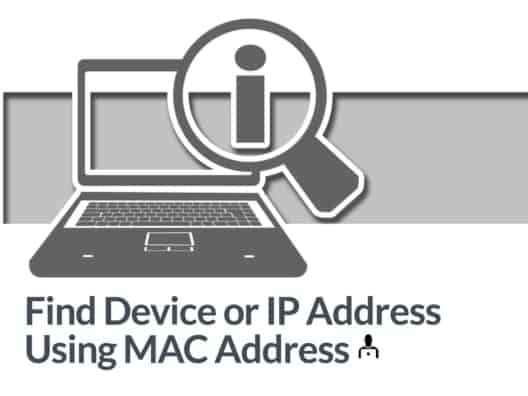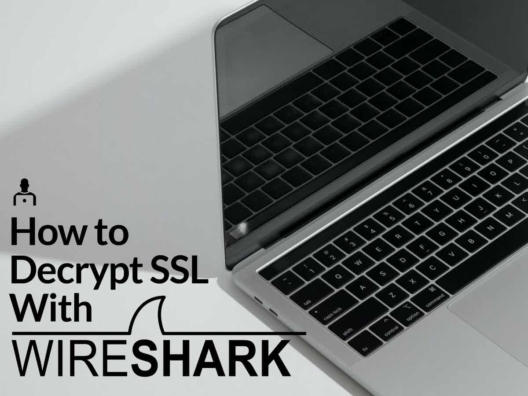Are your employees’ laptops, hard drives, and USB flash drives unencrypted? If this is the case, let me tell you their data is in grave danger. Every day a large number of complaints are received by cyber cells of lost or stolen computers and drives that store unencrypted data. Here is our top list of […]
EncryptStick Review and Alternatives
ESET Endpoint Security Review and Alternatives
Today, intrusion is a bigger concern than viruses as hackers are targeting even the most basic computer systems as a resource for malicious purposes. Identity cloaking, botnets, and crypto mining are a few examples. It has become crucial for companies to have protections in place that will protect systems from such malicious activities and attempts […]
The Best Ethical Hacking Tools
With businesses becoming increasingly digital, there’s a huge rise in hacking and ransomware cyberattacks. These attacks are designed with the purpose of turning the computer systems into an unusable state, and demanding a lump sum value in return. Cybercriminals might have other reasons to break into your system, such as stealing confidential information, exposing all […]
Layer 2 Protocols Guide
Today, networking is more than just connecting with new people. It has become a popular source to exchange information, create lasting relationships, and communicate without any hassle at long distances. With the advent of networking, it has become easier for individuals to discover new opportunities for career growth and for businesses to reach out to […]
The Best Email Security Software
Email is a common channel for cybercriminals to hack into a system because it was originally designed to be open and accessible to everyone. Of course, those were the nascent stages of the Internet when such sophisticated attacks were unheard of. But as the Internet grew, it became a popular vector for attacks as hackers […]
The Best Secure Web Gateways
Security is one of the biggest challenges facing businesses around the world. Statistics show that cyberattacks increased by 151% in 2021 and each cyberattack cost a company around $3.6 billion. And that’s besides the cost of reputation and loss due to a fall in share prices. Given these huge ramifications, companies prefer to have tools […]
SQL Server Security Guide
Today, most corporate IT environments trust and invest in Microsoft SQL Server for transaction processing, business intelligence, and performing analysis on applications. It is known to be a great solution for data-intensive enterprises as it enables them to store and manage a large amount of sensitive or personal data with efficient permission management tools and […]
The Best Vulnerability Management Tools
An unsecured network can cause a lot of damage to your business and increase the chances of data breaches. Thus, looking after your network security must be the primary responsibility of the administrators in a corporate IT environment. Each business must invest in tools or look for processes that will help in fixing vulnerabilities. With […]
The Best Cloud Security Posture Management (CSPM) Tools
With the advancement in technology, most enterprises are moving to digital platforms for better performance and reach. A cloud connects with multiple networks daily, which makes it more powerful and useful for enterprises to run and expand their business. However, there are also various cybersecurity challenges in the cloud that demand a secure cloud-based system. […]
The Best Cloud Workload Security Platforms
Today, cloud technology is not limited to only IT operations, various business models have also adopted the staple technology. The use of cloud services will accelerate in the future as many businesses are shifting to digital platforms. As a result, the demand for workloads will increase to maintain data center operations and support remote operations. […]
Business Email Security Best Practices
Email is the most popular and preferred channel for business communication today. It is estimated that about 63% of business professionals prefer to use emails for their business communication, and each employee sends an average of 40 emails per day for business purposes. But there’s also a downside to this widespread usage, and that’s unauthorized […]
The Best Zero Trust Vendors
We have listed some of the best zero trust solutions that restrict unauthorized users, secure your data, and eliminate any types of threats.
The Best BAS Tools
Today, cloud security has become a crucial topic of discussion. There are many companies that install expensive software or implement attack programs to safeguard their sensitive information. Breach and Attack Simulation (BAS) tools help companies test their cyber defenses. Here is our list of the best BAS tools: AttackIQ – Provides real-time visibility and automated […]
The Best Enterprise Password Management Solutions
Enterprise security has taken a whole new meaning in the last few years, thanks to the many cyberattacks and data breaches that have resulted in the loss of millions of dollars. To reduce the catastrophic impact of a cyberattack, many companies today invest in security tools and platforms that would identify and plug their vulnerabilities. […]
Cloud Workload Security Guide
With the increase in the demand for cloud computing services, IT teams are looking forward to multiple platforms that will support the accommodation of diverse cloud workloads. Cloud Workload refers to the programs and applications that users run on the public and private clouds. Virtual machines, databases, containers are a few examples of cloud workloads. […]
Cloud Security Posture Management Guide
Today, many organizations are adopting cloud computing and storage services to minimize costs and enhance their agility. With the introduction of more and more applications to the cloud, the risk of data breaches or exposing systems has become high. Furthermore, maintaining security across environments has become more complex as organizations deploy services in various public […]
The Best Attack Surface Monitoring Tools
Cybercrime has unfortunately become an integral part of our digital lives today. Almost every organization in the world today has reported a data breach or a cyberattack at least once, and this goes to show the ubiquity of these attacks. In this article, we will take a look at some of the best attack surface […]
Attack Surface Analysis Guide
Almost no single day goes without hearing or reading a piece of news about cyberattacks. Still, the ubiquity of attacks and the ability of hackers to pull it off so effortlessly (at least that’s how it looks because of the frequency) leads back to the question – what are we doing wrong? Many things such […]
Find Device or IP Address Using MAC Address
Every device on a network has a unique address called its IP address, and this helps identify the device and enables other devices to communicate with it. For example, when you type a URL in your browser, such as www.espn.com, what essentially happens is that your device sends the URL to a Domain Naming Server […]
How to Decrypt SSL With Wireshark?
Wireshark is a handy tool for analyzing your network traffic and gathering a ton of useful information from it, such as the performance of your network, the health of devices, and possibly even a cyber attack. So, how does this work? Data Packets Every time you open your browser and type a URL, what happens […]

